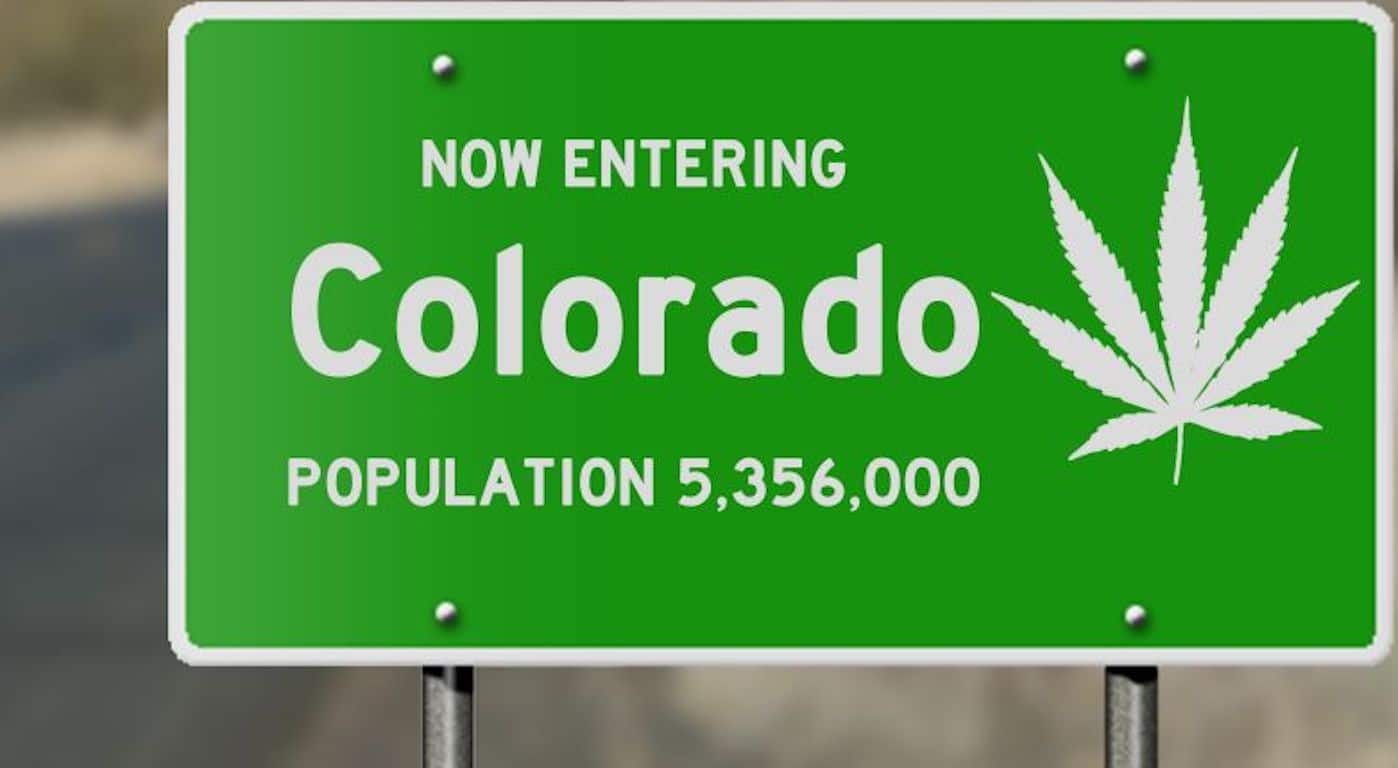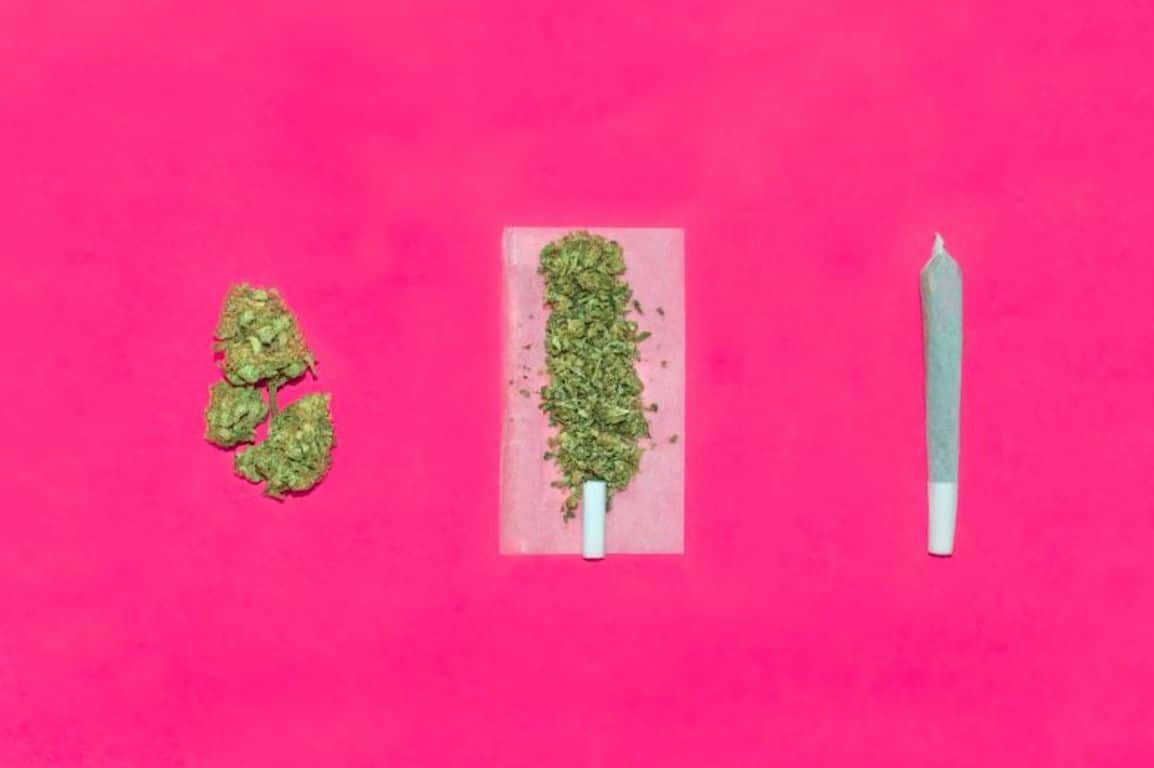Common White Collar Crimes and Defenses
March 31, 2025

All Drugs Are Not Created Equal in Colorado
Did You Get Charged With a DUI Over St. Paddy’s Day? Know Your Rights in CO
Posted by: Jacob E. Martinez
Category: Marijuana | Marijuana Laws
Marijuana legalization was a topic of debate for decades. In 2012, Colorado became one of the first states in the United States to legalize recreational marijuana. Since then, Colorado’s marijuana laws have constantly been evolving, and it is essential for anyone living in or traveling to Colorado to understand these laws.
In Colorado, adults 21 years and older can legally purchase, possess, and consume up to one ounce of marijuana for recreational purposes. Adults can also grow up to six marijuana plants, with no more than three mature plants flowering at any time.
However, it is illegal to smoke marijuana in public places, including streets, sidewalks, and parks. Smoking in public can result in a fine of up to $100. In addition, private property owners, including landlords and homeowners’ associations, can prohibit marijuana use on their properties.
Marijuana is legally sold in Colorado through licensed retail stores regulated by the state’s Marijuana Enforcement Division (MED). The MED ensures that all marijuana products are tested for potency and contaminants and that the products are correctly labeled and packaged.
Non-Colorado residents can also purchase marijuana but are limited to a quarter-ounce per transaction. It is also important to note that it is illegal to transport marijuana across state lines, even if both states have legalized the drug.
Colorado also has a medical marijuana program, which allows patients with qualifying medical conditions to purchase and use marijuana for medical purposes. To be eligible, patients must have a recommendation from a doctor and obtain a medical marijuana card from the Colorado Department of Public Health and Environment.
Patients with medical marijuana cards can purchase up to two ounces of marijuana or its equivalent in edibles or concentrates.
Driving under the influence of marijuana is illegal in Colorado, just like alcohol. The state has a legal limit of five nanograms of THC (the psychoactive component of marijuana) per milliliter of blood, and anyone found to have a higher level than this can be charged with a DUI.
It is also important to note that marijuana can impair driving abilities, even if a person’s blood level is below the legal limit. Therefore, it is important to avoid driving after consuming marijuana.
While marijuana is legal in Colorado, it is still illegal under federal law. As a result, employers in Colorado can still enforce drug-free workplace policies and prohibit using marijuana by employees.
Therefore, even if you are legally consuming marijuana, you could still face the consequences at work if your employer has a zero-tolerance drug policy. Additionally, certain professions, such as law enforcement and transportation, have stricter drug policies prohibiting marijuana use by employees.
Despite the legalization of marijuana in Colorado, it is important to remember that marijuana is still illegal under federal law. While you may not face state-level consequences for using or possessing marijuana, you could still face federal charges if caught with the drug on federal land or transported across state lines.
In addition, it is important to be aware of the potential consequences of breaking Colorado’s marijuana laws. Possessing more than the legal limit, selling marijuana without a license, or using marijuana in public can result in fines, community service, or even jail time.
Colorado has been at the forefront of marijuana legalization in the United States, and it is essential for anyone living in or visiting the state to understand the laws surrounding marijuana use, possession, and sale. While recreational marijuana use is legal for adults 21 and over, adhering to the state’s regulations and limitations is important.
It is also important to remember that while Colorado has legalized marijuana, it is still illegal under federal law. This means there are still potential legal consequences for using or possessing marijuana, particularly on federal land or when transporting it across state lines.
Be mindful of the potential consequences of breaking Colorado’s marijuana laws, including fines, community service, and jail time. Employers in the state can still enforce drug-free workplace policies, and individuals should be aware of the potential impact of marijuana use on their employment.
While marijuana legalization has significantly changed Colorado’s legal landscape, it is vital to approach the drug with caution and responsibility to ensure compliance with state and federal laws.
About the Author:
Denver-based criminal defense and DUI attorney Jacob E. Martinez is a knowledgeable and experienced litigator with a record of success providing innovative solutions to clients facing criminal charges of any severity. Mr. Martinez has been recognized by countless legal organizations for his exemplary defense work, including Avvo, Best DWI Attorneys, Expertise, Lawyers of Distinction, The National Trial Lawyers, and others. He was also named one of the 10 Best in Client Satisfaction in Colorado by the American Institute of Criminal Law Attorneys for 2020, and is Lead Counsel rated.
Jury Trial - Not Guilty
Jury Trial - Not Guilty
Arapahoe 1st Degree Assault/Vehicular Assault
Jury Trial - Not Guilty
Denver Domestic Violence Assault Case
Jury Trial - Not Guilty
Denver D.V. Assault
Jury Trial - Not Guilty
Denver Careless Driving Resulting in Death
Jury Trial - Not Guilty
Jefferson County Felony Menacing
Jury Trial - Not Guilty
Adams County DUI
Jury Trial - Not Guilty
Jefferson County DUI
Jury Trial - Not Guilty
Jefferson County DUI
Jury Trial - Not Guilty
Jefferson Vehicular Assault/DUI
Jury Trial - Not Guilty
Jefferson County DUI
Jury Trial - Not Guilty
Boulder County DUI case
Jury Trial - Not Guilty
Arapahoe County DUI case
Jury Trial - Not Guilty
Adams County DUI case
Jury Trial - Not Guilty
Douglas County DUI case
Jury Trial - Not Guilty
Gilpin County DUI case
Dismissed
Broomfield County Probation Revocation case
Dismissal
Arapahoe County DUI case
Deferred Judgment
Arapahoe County DUI case
Deferred Judgment
Douglas County DUI case
Deferred Judgment
Larimer County DUI case
Deferred Judgment
Arapahoe County DUI Case
Deferred Judgment
Denver Felony Burglary Case
Deferred Judgment
Arapahoe County DUI case
Dismissed
Arapahoe County Protection Order Case
Dismissed
Golden Destruction of Property case
Dismissed
Jefferson County Protection Order case
Dismissed
Jefferson County Domestic Violence case
Dismissed and Sealed
Jefferson County DUI case
Dismissed
Denver Major Traffic Offense case
Dismissed and Sealed
Broomfield County Domestic Violence case
Dismissed
Summit County DUI Revocation
Dismissed
Denver DUI Revocation
Dismissed
Denver DUI Revocation
Dismissed
Denver DUI +.2 Involving Accident and Injury case
Dismissed
Denver DUI/Habitual Traffic Offender case
DISMISSAL
Denver District Aggravated Theft
Dismissed
Greenwood Village Assault case
Dismissal
Elbert County DUI
Dismissed
Arapahoe County Domestic Violence case
Dismissal
Jefferson County DUI
Dismissal
Denver Municipal Assault
Dismissed
Boulder County Domestic Violence Assault case
Dismissed
Wheat Ridge Assault case
Dismissed
Jefferson County DUI case, with 2+ Prior Convictions
Dismissed
Arapahoe County Domestic Violence case
Dismissed
Broomfield County Domestic Violence case
Dismissed with No Charges Filed
Jefferson County Felony Theft case
Dismissed
Arapahoe County Felony Theft case
Dismissed
Boulder County Felony Theft case


